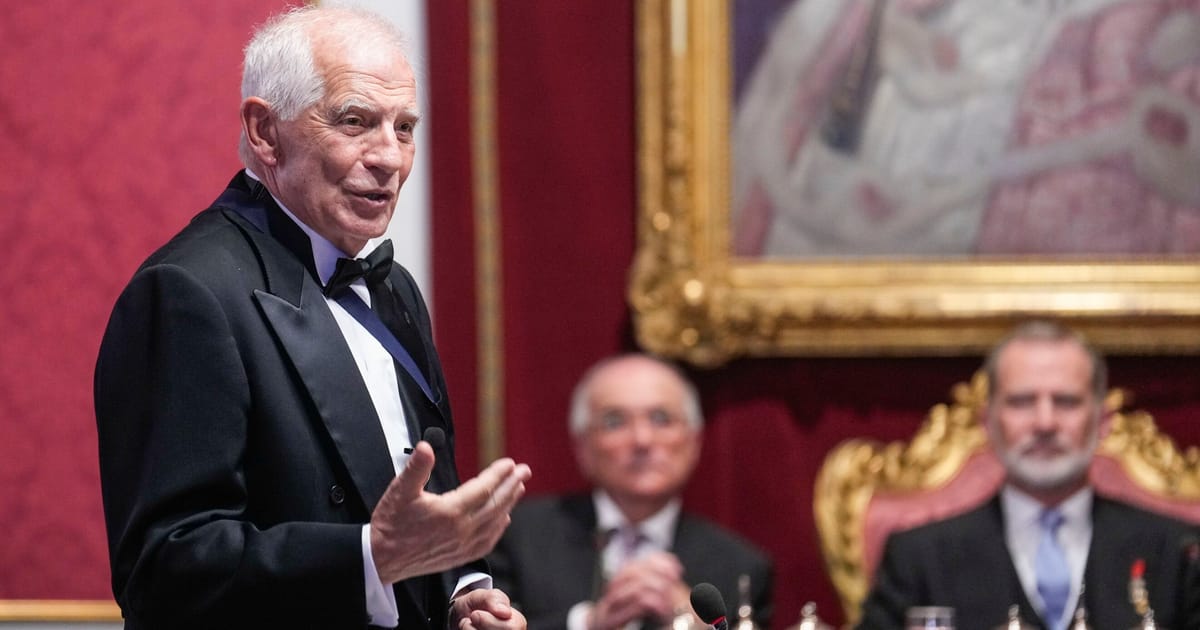

In recent global news, a tapestry of geopolitical shifts and events underscores the complexity of international relations. Addressing the risks and possibilities inherent in these situations requires a mindful approach, which balances immediate challenges with prospects for peaceful resolutions and cooperation.
One notable occurrence is a heightened sense of urgency within the European Union regarding its role and response to the ongoing conflict in Gaza. Josep Borrell, the EU’s foreign policy chief, has expressed significant concerns over the perceived inaction by EU institutions concerning recent events in Gaza. With Israel cited for potential human rights abuses, the EU is contemplating a review of its association agreement with the country, signaling a potential shift in policy that could pave the way for renewed discussions and collaborative resolutions.
Meanwhile, Israel’s military actions in Gaza have escalated, reportedly resulting in significant casualties. Medics and officials have relayed the tragic toll, particularly highlighting the loss of civilians, including women and children. Amidst these hostilities, there are indications of upcoming ceasefire talks that could potentially bring respite and a pathway to peace for the affected regions. Humanitarian perspectives underscore the critical need for ceasing hostilities and opening dialogues aimed at sustainable peace.
A concurrent report by a UN special rapporteur has invigorated calls for sanctions and an arms embargo against Israel. Francesca Albanese’s report highlights the involvement of global corporations in the conflict, urging accountability for those perceived to profit from the situation in Gaza. This development brings into sharp focus the role of international businesses in conflict zones and the ethical responsibilities they bear.
On another front, the Ukrainian conflict remains a significant point of tension, particularly within the European and North Atlantic regions. The recent announcement by the United States to withhold arms supplies to Ukraine has been described as a ‘serious setback’ by Danish Prime Minister Mette Frederiksen, emphasizing the critical need for consolidated Western pressure on Russia. In addition to strategy, this moment offers the EU and NATO an opportunity to reassess and strengthen their support structures for Ukraine while advocating for diplomatic resolutions.
In a related military development, Ukraine has reportedly intensified its tactical operations, resulting in the death of Major General Mikhail Gudkov, a high-ranking official within Putin’s navy, following a Ukrainian airstrike. This incident highlights the ongoing volatility and strategic maneuvrings that continue to define the conflict, necessitating a concerted effort from international actors to broker peace and stability.
In a significant move on the diplomatic stage, Russia has become the first country to officially recognize the Taliban government in Afghanistan. This recognition by Moscow marks a pivotal moment in international relations, potentially opening avenues for bilateral cooperation. This development presents a dual opportunity: engaging in productive dialogues that could foster regional stability while addressing humanitarian and developmental needs in Afghanistan.
Amid these global challenges, the overarching sentiment beckons a calm yet proactive approach to international diplomacy. The intricate web of actions and responses illustrates the delicate balance of power and diplomacy required to navigate these waters. By focusing on dialogue, respect for human rights, and fostering international cooperation, the global community can aspire toward a more harmonious and equitable world.
Source: {link}
